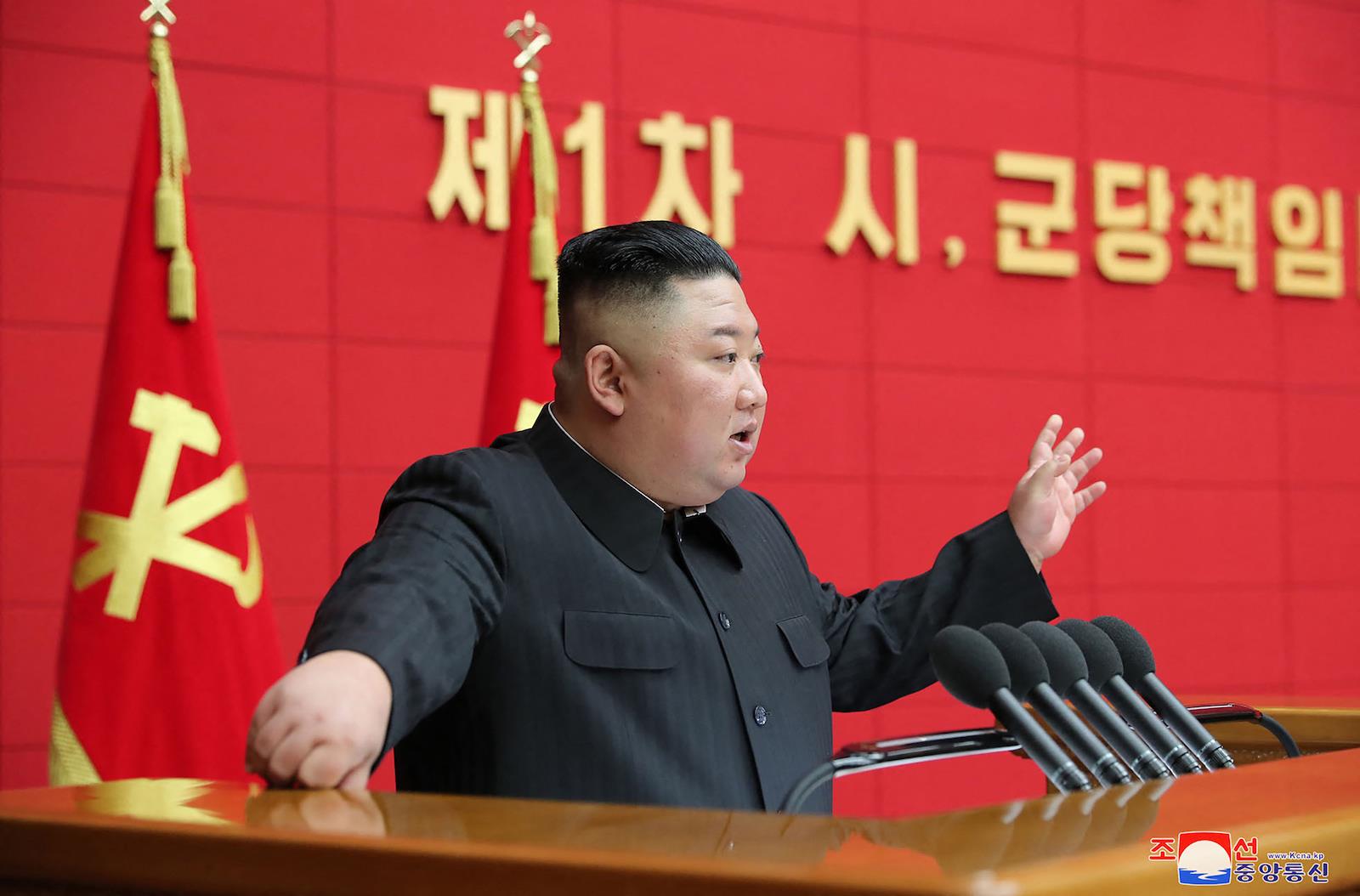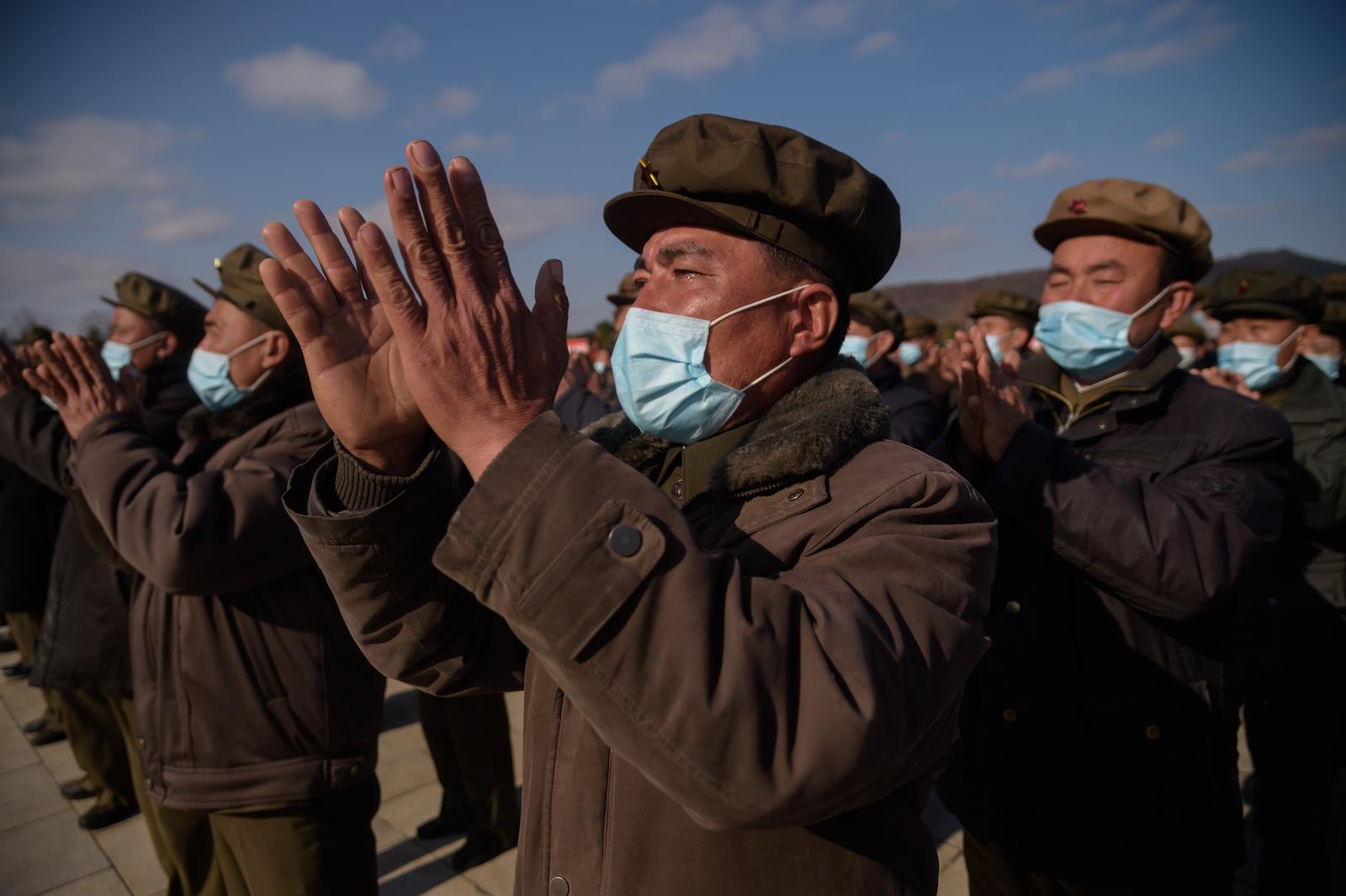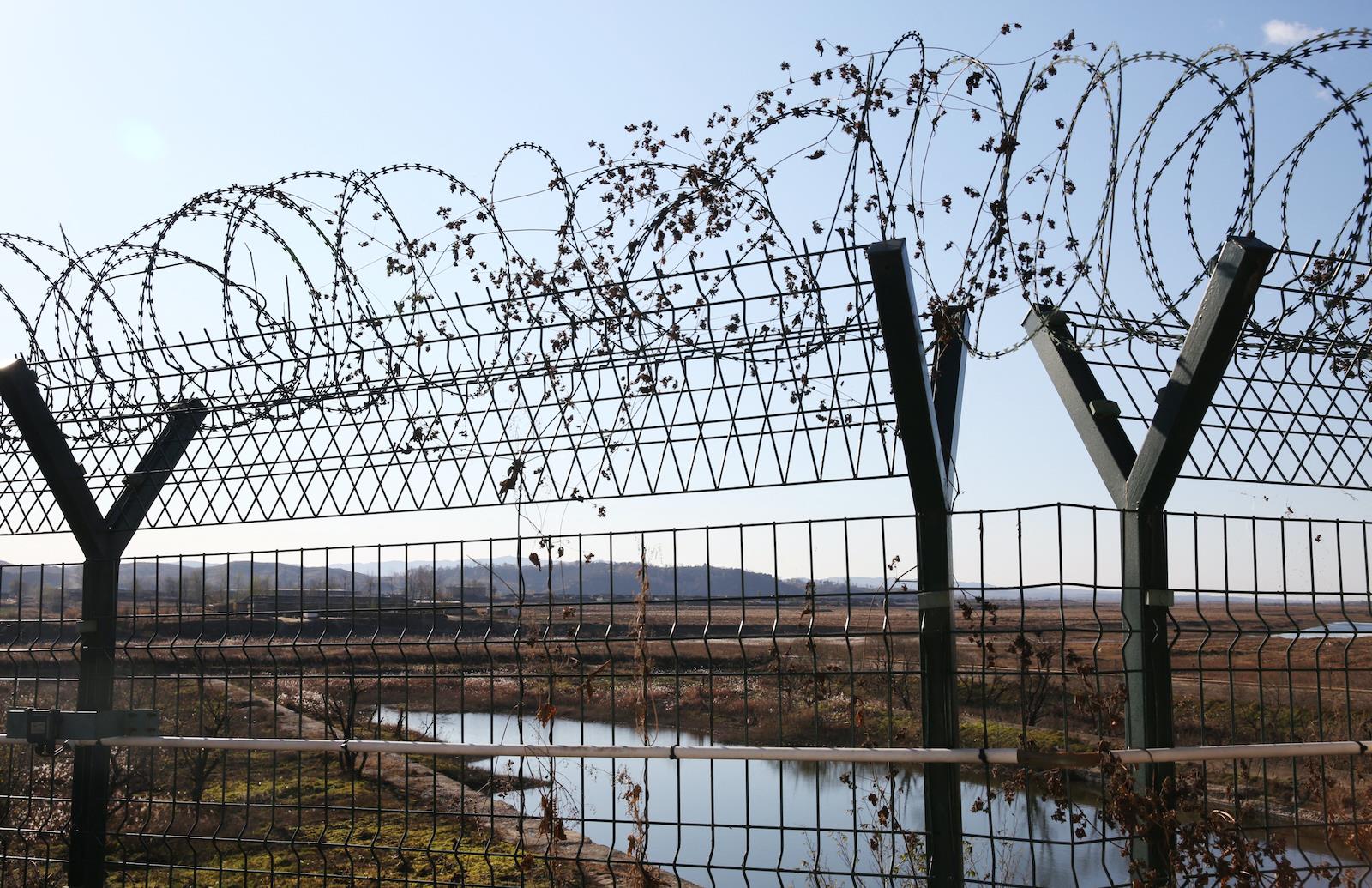(MENAFN- Asia Times)
SEOUL – North Korea had previously managed to insulate itself from Covid-19, but while much of the world is now exiting the pandemic crisis, the isolated nation has finally succumbed.
Pyongyang state media , monitored in Seoul, reported Friday that six people had died on Thursday, there were about 18,000 newly reported cases of“fever” and 187,000 people were being isolated and treated.
Underlining the gravity of the situation, leader Kim Jong Un was photographed wearing a protective mask, something he has declined to wear, even when attending mass rallies and congresses.
Pyongyang said it was initiating a“maximum emergency” antivirus system to deal with a“fever” that has been spreading across North Korea since late April, impacting 350,000 people, according to the Korean Central News Agency.
Although the KCNA did not identify it, fever is a common symptom of Covid-19. It also noted that one of the people who died had the Omicron variant.
It is possible the sudden outbreak is linked to the huge numbers of people who converged on the capital Pyongyang last month. A daytime mass rally was held in central Pyongyang on April 15, while a military parade was held on April 25.
The disaster raises urgent questions about logistical, technological and political barriers to assisting a country that is isolated and sanctioned. To make matters worse, many embassies in Pyongyang are un-manned or under-manned.

Kim Jong Un has called for lockdowns. Photo: AFP
Contrary to popular belief, North Korea has a well-thumbed and effective playbook for dealing with infectious diseases.
Before Covid, it tightly closed its frontiers against SARS, MERS and Ebola – apparently effectively. It has deployed the same strategy against Covid, employing perhaps the world's toughest border controls.
For the last two years, Pyongyang has been an information black hole on Covid, but one expert told Asia Times that it is likely the measures have been effective.
Andrei Lankov, a North Korea watcher at Seoul's Kookmin University, who grew up in the USSR and studied in Pyongyang, says the country's Soviet-style health system was expressly designed to deal with pandemics.
The country's national health system boasts a high ratio of doctors to population, although the doctors are less trained than their Western counterparts. Its system of social controls enables the prevention of human movement, thereby stunting transmission, and it can use draconian measures to quarantine those affected.
Lankov speculated that smugglers who had clandestinely crossed the China border to trade had caught the disease and bought it into the country.
But while North Korea's systems offer a considerable defense, its health infrastructure suffers from a lack of resources and significant segments of its population are under-nourished, a factor that degrades immune systems.
The situation demands swift action, said Human Rights Watch, in a note sent to reporters.
“A nationwide announcement acknowledging the contagion and spread of Covid-19 is extremely concerning,” said Lina Yoon, a senior researcher at HRW's Asia Division.“Most North Koreans are chronically malnourished and unvaccinated, there are barely any medicines left in the country and the health infrastructure is incapable to deal with this pandemic.”
Barriers to assistance
One issue that has historically hampered the activities of aid groups in North Korea is the lack of oversight. Amid Covid, North Korea has declined to receive vaccines from the international vaccine distribution body Covax.
“Covax wanted some accountability, but North Korea did not want that,” Jerome Kim, who heads the International Vaccine Institute, told Asia Times.
If Pyongyang's stance changed, it would be feasible, given the state of global vaccine stocks, to send in millions of doses. The world responded to the crisis with unprecedented swift development, rollout and distribution of vaccines across the world to the point where there is an oversupply.
“We are in a situation now where there is vaccine access,” said Kim.“If fact, companies are cutting production.”
He suggested that if the political will existed, logistics connections from China and South Korea, combined with appropriate technologies, could enable a super-fast, national inoculation program.

Divisions of returning elite party members attend a meeting to pledge loyalty before the portraits of late North Korean leaders Kim Il Sung and Kim Jong Il, upon their arrival at the Kumsusan palace in Pyongyang following their deployment to rural provinces to aid in recovery efforts amid damage caused by a September typhoon. Photo: AFP / Kim Won Jin
“You could send vaccines on refrigerated trucks over the land connections from South Korea or China,” Kim said.“And we can put liquid nitrogen onto trains, so vaccines could be stored safely.”
He cited the Ecuadorian“zero to hero” program, with nine million people vaccinated in 100 days, resulting in“their mortalities plummeting.”
The problem with North Korea is neither logistics, technologies nor medicines. It is the politics of a state in which aid distribution is limited not only by global sanctions, which prevent the importation of multiple technologies, but by a paranoid regime that is reluctant to offer open access to foreign parties.
Given these constraints, Lankov suggested Pyongyang has three options.
One would be a“Swedish strategy” – let the virus spread and build eventual herd immunity.“Many will die, but eventually the virus will die out,” he said.
But there is a problem. State media has spent more than two years painting Covid very, very darkly.
“If you look at the Rodong Shinmun [newspaper], 30-50% of their international news was on the dangers of Covid,” Lankov said. That indicates that doing nothing could generate panic.“It will be highly risky for them,” he said.
Another would be a Chinese-style“zero-Covid” solution of hard lockdowns.“They will probably do a Shanghai,” Lankov said.“They can enforce strict isolation of different areas, close down non-essential production and stop people from economic activity.”
This presents another problem. North Korea lacks the sophisticated distribution assets China has to keep locked-down populations fed.
“It is not clear if Kim Jong Un and his advisers understand this. China is so much richer, and has the logistics to supply people,” Lankov said.“So, if they emulate China, the likely outcomes will be an economic disaster and probably famine.”
The third option would be to ask outside players in to assist.
“That will be bad for their international stature. They will see it as humiliating,” Lankov said.

Closed. A North Korean village is seen from Dandong, Liaoning province, China, on November 3, 2020. Photo: AFP / Koki Katqoka / The Yomiuri Shimbun
To act or not to act
“They could turn to Beijing or Russia for assistance,” said a person familiar with the North Korean policies of the Moon Jae-in administration, which exited office this week, who spoke to Asia Times on condition of anonymity.
“But North Korea should come up with its own damage assessment first.”
South Korea is ready to help with humanitarian aid. And there is a potentially providential timing issue. With the new Yoon Suk-yeol administration settling into the corridors of power in Seoul, and with US President Joe Biden visiting the city on May 21, could the North's Covid crisis offer an opportunity for a relationship reset?
North Korea-US relations have been frigid since the failure of a summit in Vietnam in 2019. With South Korea joined at the hip to ally the US, that situation inevitably froze North-South relations, too.
One expert was doubtful.
“Human assistance could be a breakthrough – I'd look to hope so – but I don't think so,” said the expert, who noted that the Yoon administration has a hard line against North Korea and has not yet utilized channels of communication to Pyongyang.
Moreover, North Korea is on an escalatory pathway in its weapons testing cycle.
“The optics would look bad from the North Korean point of view as they are at a moment of weakness,” said Go Myong-hyun, a North Korean expert at Seoul's Asan Institute.“I don't think North Korea is crying for help right now. They have handled [the pandemic] well so far, so they are probably confident they can handle this, too.”
Go cited the relatively low mortality rate of Covid-19. According to Statista , the highest mortality rate, per million people nationally, has been Peru, with 6,452.81 dead of Covid. The lowest is Burundi, with 3.2.
“The number of dead in North Korea so far is six, though the number of infected is probably huge,” Go said.“If not that many people are dying, why would they undermine their political stance to get vaccines?”
North Korea is certainly resilient. In defiance of multiple Western voices predicting a regime collapse, Pyongyang mastered a catastrophic famine in the early 1990s, known today as the“Arduous March,” that is believed to have killed hundreds of thousands – some estimates are even higher.
But there is another dynamic in play. Kim of IVI urged global action, and not only on the basis of assisting North Korea's immuno-compromised, highly vulnerable population.
“We should be driven by humanitarian concerns, and large outbreaks generate more mutants and variants,” he said.“So if we help North Korea, we would be helping ourselves.”
Yoon of HRW agrees.
“The international community should offer medicine for Covid-19 related symptoms, Covid-19 treating anti-viral medicines and provide vaccines and all necessary infrastructure for vaccine preservation, including fridges, generators and gasoline,” she wrote.
Follow Andrew Salmon on Twitter: @Andrewcsalmon
MENAFN13052022000159011032ID1104207947